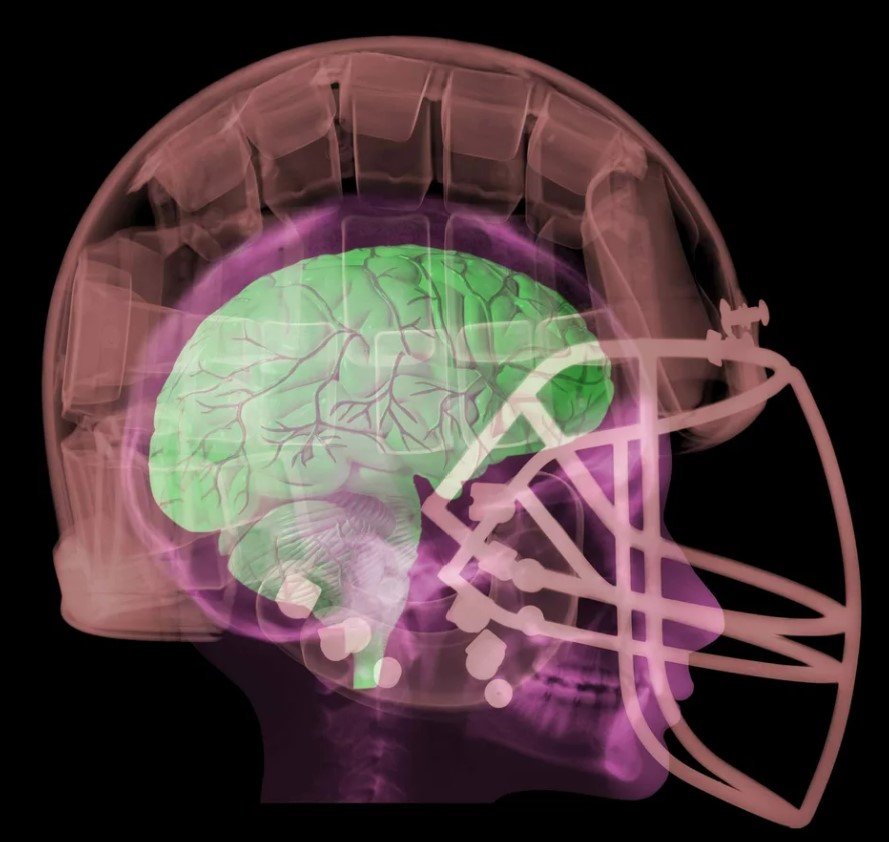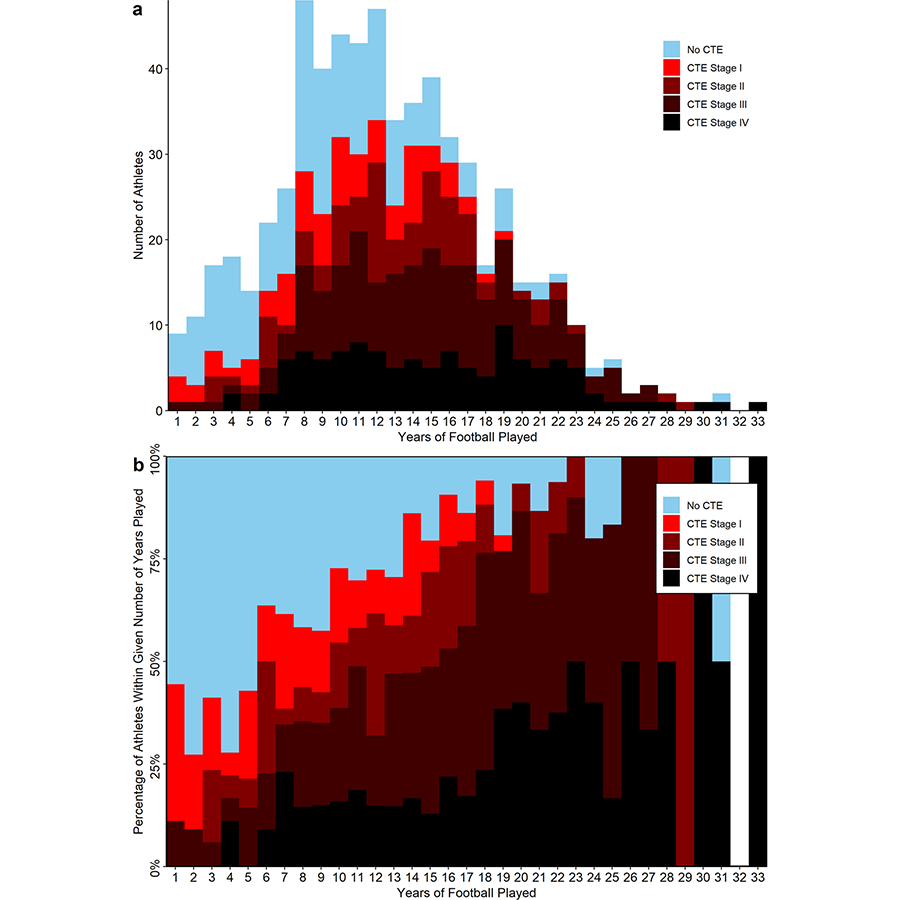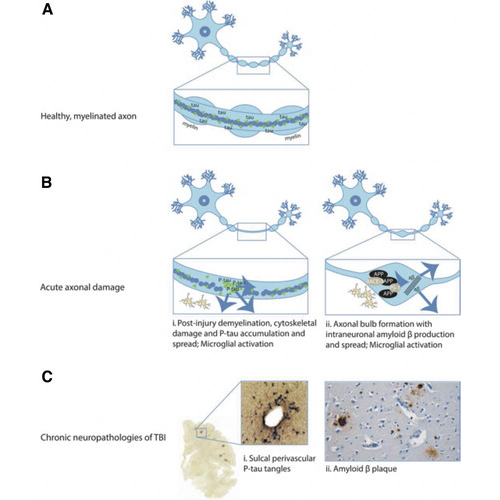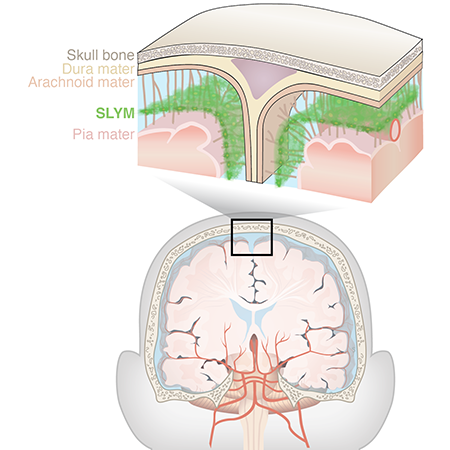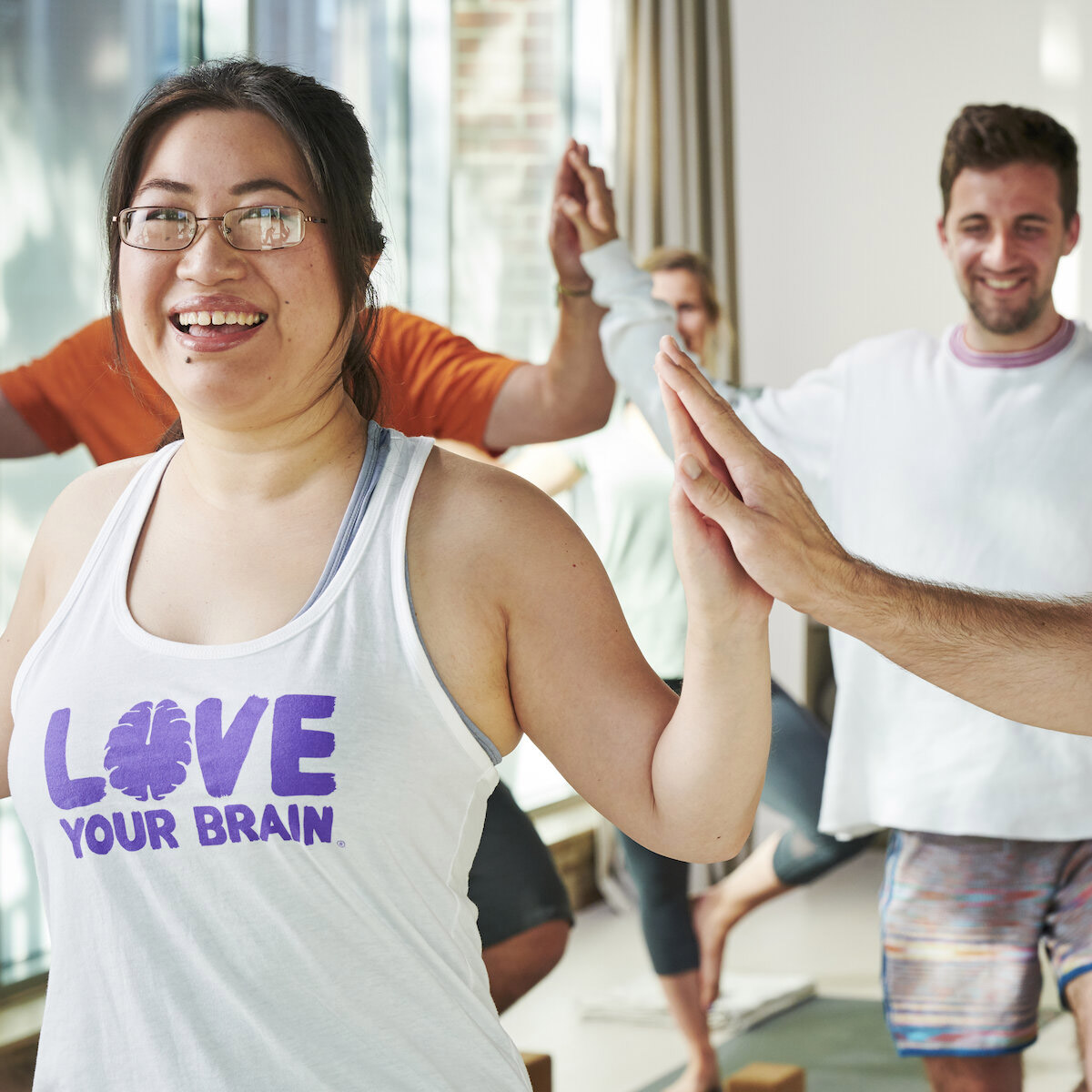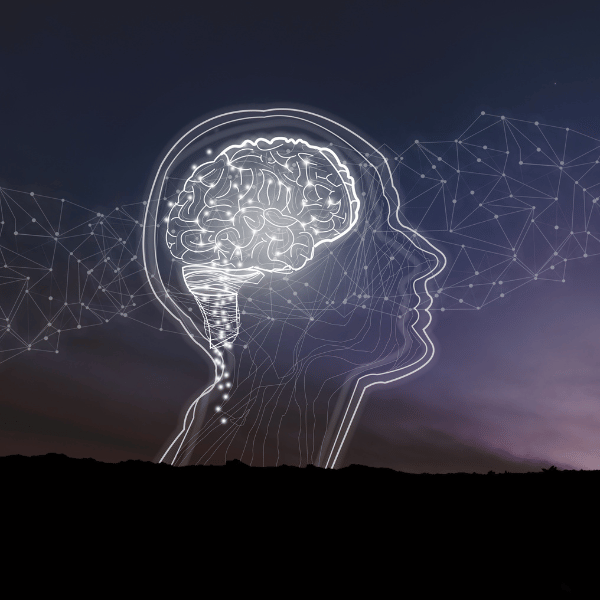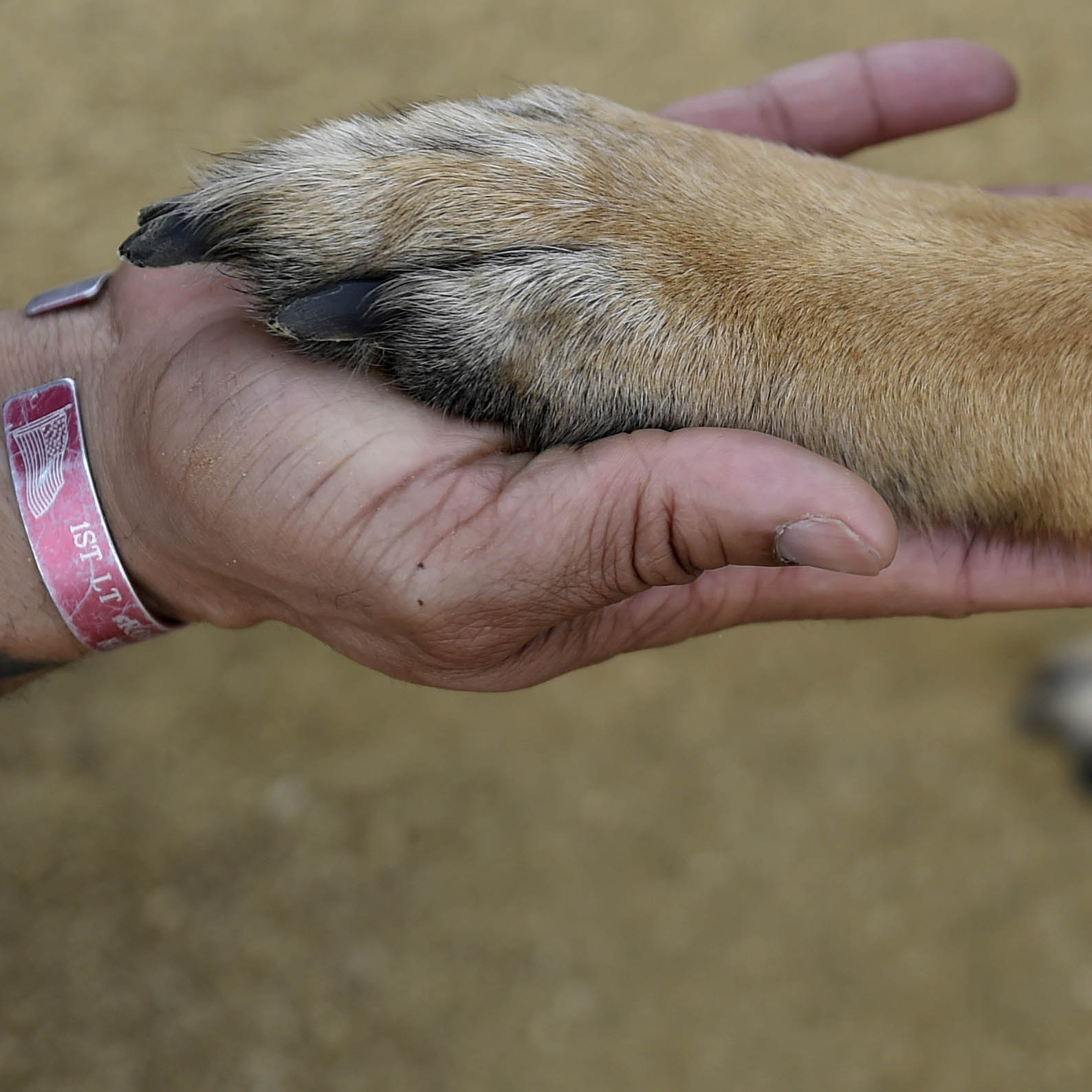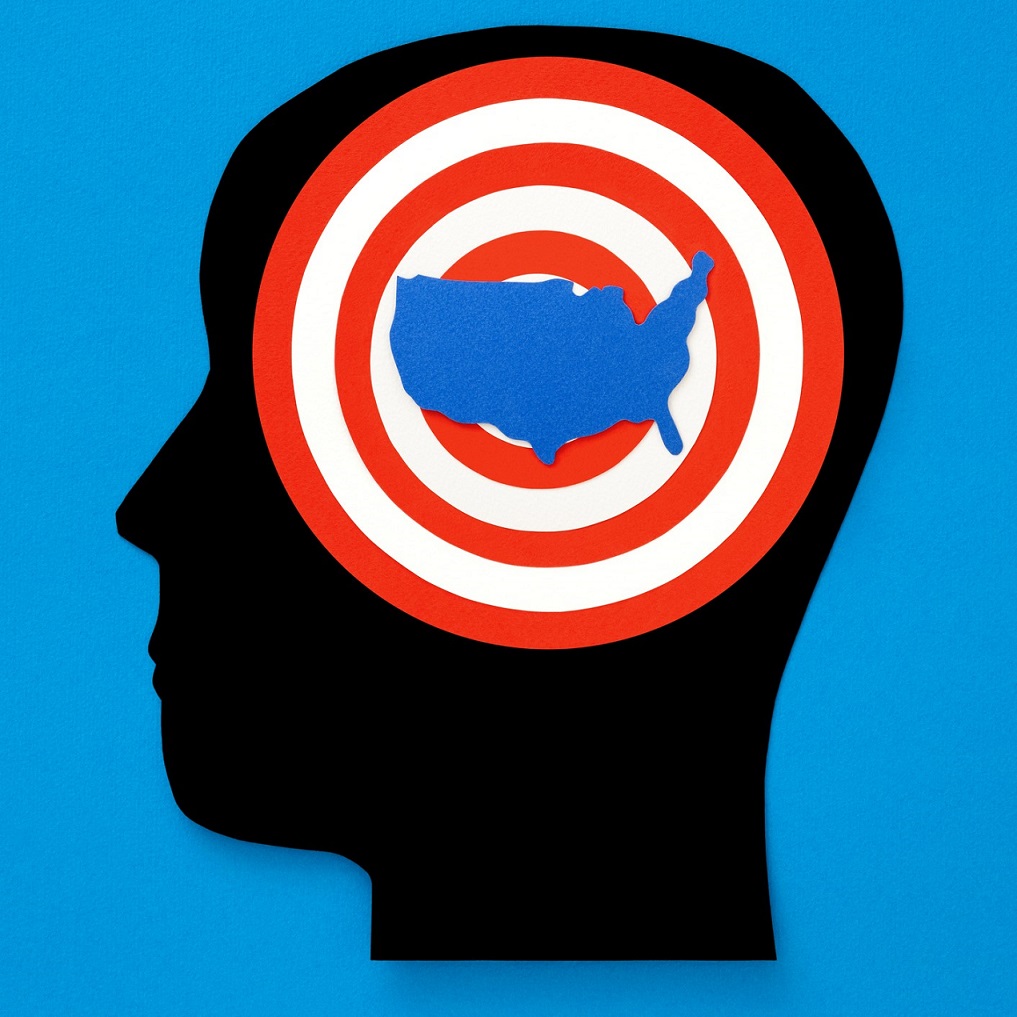Scientists have learned more about the brain — how it works and how it heals — in the last decade or two than ever before. And, there has been a dramatic increase in the amount of research being done specifically on traumatic brain injury (TBI). BrainLine’s Research Update is an ongoing series of short synopses describing the recent research on TBI and links for further information. We created this series to help keep people with brain injuries, families, and other professionals up to date on the latest brain injury research.
BrainLine is a national service of WETA-TV, the flagship PBS station in Washington, D.C.
BrainLine, WETA Public Television
3939 Campbell Ave. Arlington, VA 22206
E-mail | Phone: 703.998.2020
© 2023 WETA All Rights Reserved | Contact Us




